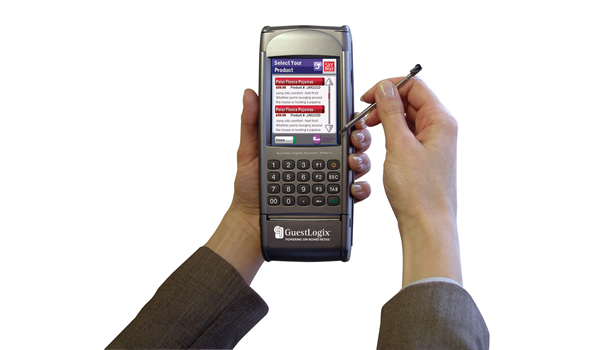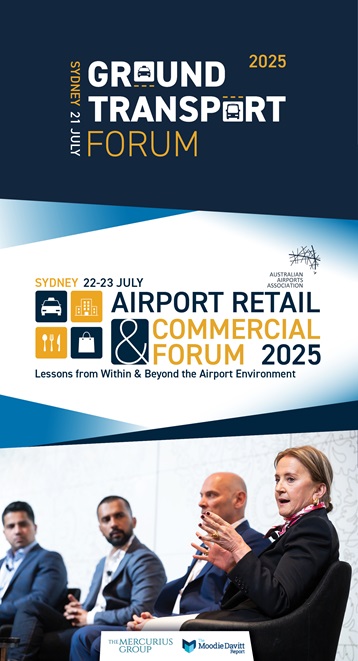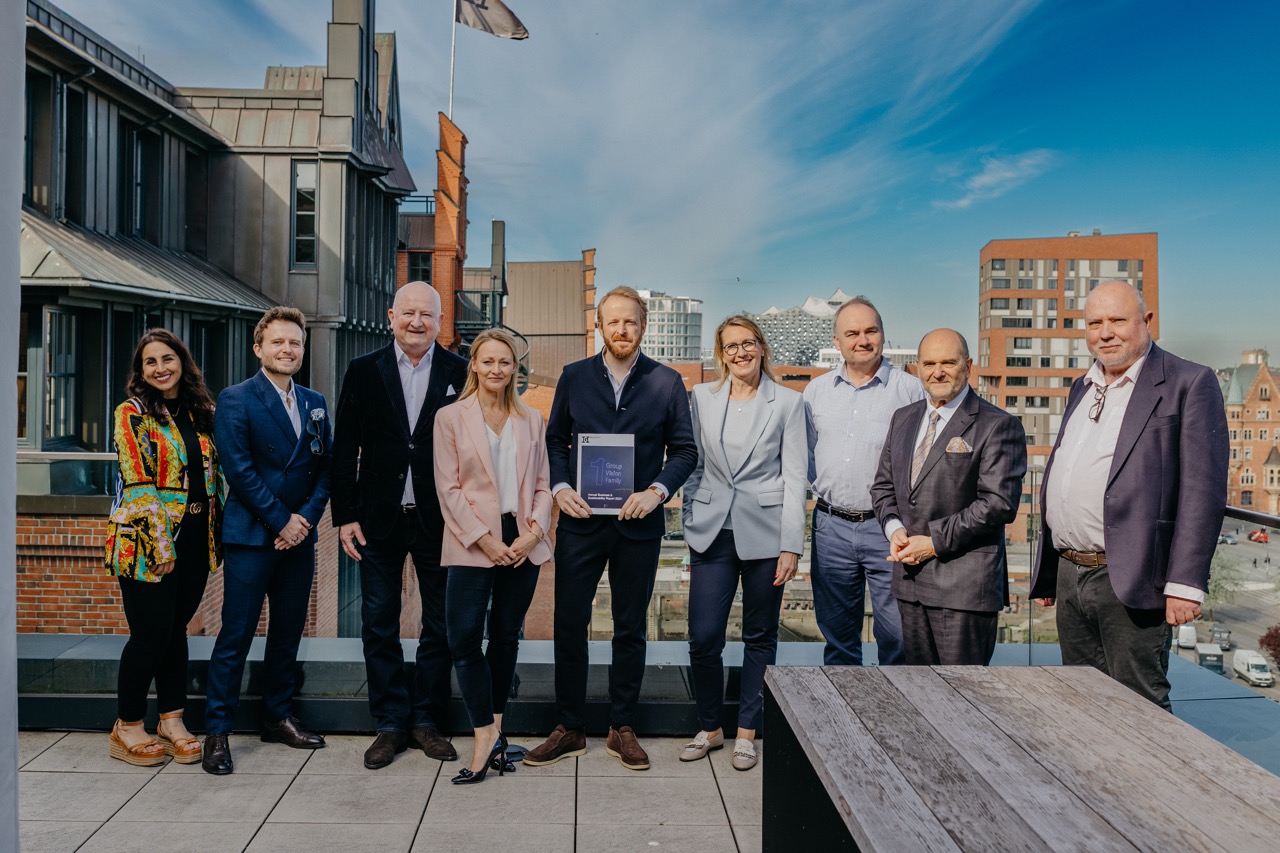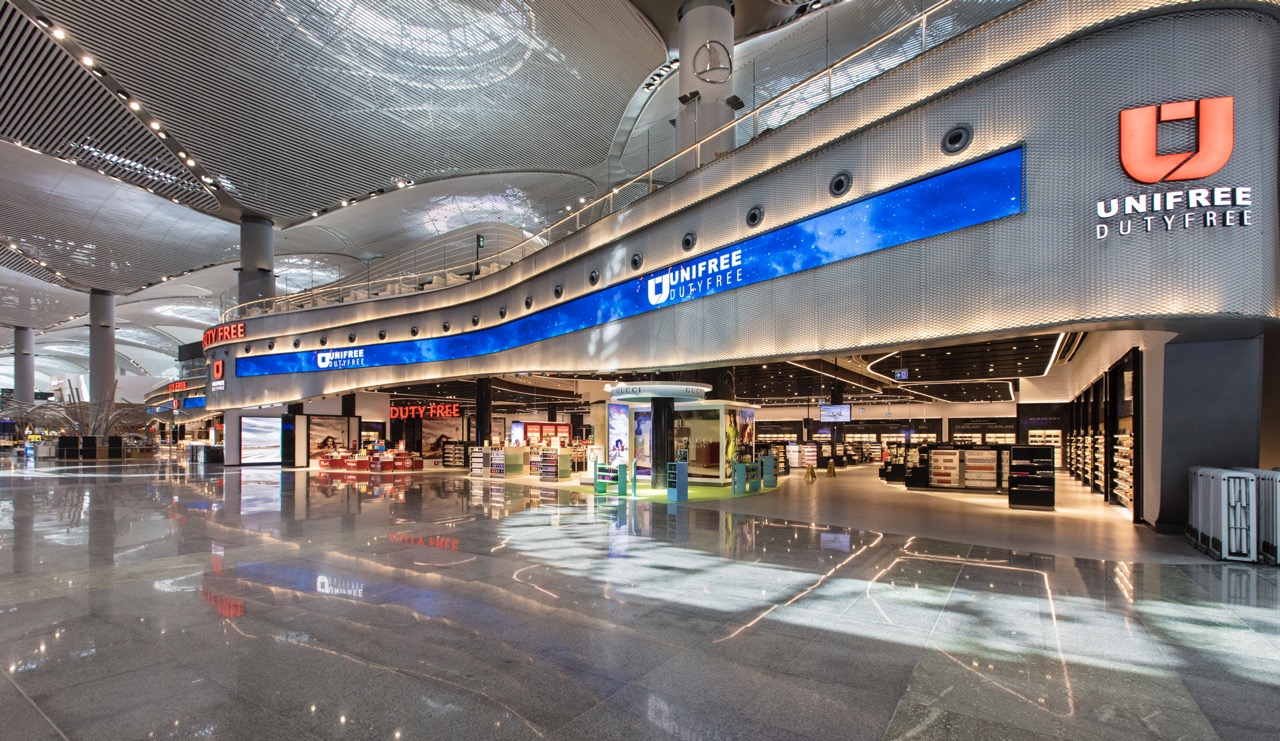 |
Richard Cushing: “Wireless connectivity and credit card payment capability are having a profound impact on inflight retailing” |
INTERNATIONAL. Rapidly improving technology, the evolving market for “˜virtual’ purchases and enhanced connectivity on board aircraft are set to revolutionise the inflight retail business. That’s according to airline services provider GuestLogix, which is investing in solutions that will allow the airline industry to tap into new ancillary revenue streams.
Guestlogix SeniorVice President & General Manager, EMEA Richard Cushing told The Moodie Report: “Wireless connectivity and credit card payment capability are having a profound impact on inflight retailing, and are the two technologies destined to effect the most significant change in this aspect of ancillary revenue development over the next ten years.
“Combine the technologies themselves with evolving attitudes and approaches toward the onboard retail space by stakeholders, merchandising and ancillary revenue managers, and it becomes quite clear that these two areas of ancillary revenue technology are ushering in a very new era of airline operations.”
Speaking to us at the recent TFWA World Exhibition, Cushing added: “We are looking much more into the industry future and trying to gauge to where the business is heading. First, we see the whole area of virtual product developing fast and becoming the norm. Technology is also moving on. We know that connectivity in the air is there today, but it’s still cost-prohibitive for many airlines. That cost will come down and connectivity functions will become core rather than an added extra as today.
“And the speed of technology in other areas is rapid. The day when you can use your mobile phone as a credit card is very near, and we are aiming to catch up with the trends, and where the consumer wants to go in using this technology.
“There’s a huge investment cost in all of this, of course, but we are focused on the long term, not on the short term.”
The company noted that ancillary revenues are becoming even more vital to airlines’ balance sheets. GuestLogix said that between 2008 and 2009, in the midst of the global recession with travel demand at an all-time low, airline ancillary revenues grew by more than +30%, from £6.57 billion to £8.65 billion.
The company said: “Some of this is attributable to the industry-wide adoption of compulsory fees and the continued unbundling of the standard airfare, but a sizable portion of this growth is due to airlines embracing sustainable, consumer-centric ancillary revenue sources, including onboard retailing.”
GuestLogix has undertaken extensive research into consumer wants and needs when they travel, and identified some key trends that will prove vital in the future.
Critical to harnessing spend among the “captive audience” inflight, said the company, will be presenting “convenient, destination-relevant and attractive retail options through a variety of channels (physically in the cabin, as with food & beverage; through a catalogue, as with duty free; or now, with Wi-Fi capability, through a controlled online portal), and enabling that audience to complete a transaction easily and securely through a branded onboard store.”
 |
The sale of virtual products will soon become the norm inflight, says GuestLogix |
Using new technology, airlines are now in a position to stock their virtual on board stores with services and goods that appeal to passengers by flight length, route and destination.
“We are opening up new purchasing opportunities for travellers, which may not have been top of mind when they left home,” said Cushing. “We are probably the biggest seller of Heathrow Express tickets outside Heathrow Express itself, primarily on US flights inbound to the UK.
“We sell these tickets at the gate at JFK and Dallas and it means that passengers have the chance to make the purchase of a useful service before they arrive stressed on the ground in London.
“That’s a relatively easy transaction to set up – and it works for theme parks, events, other activities, and we see that as a way of developing the virtual business. You don’t have to sell a great deal to make money. There is no stock, for a start. There may not be the high percentage margin we talk about in traditional duty free terms, but it is a volume business so there is a high cash margin.
“Beyond this, we are examining what passengers want from potential virtual services, and came up with some powerful findings. We are trialling tickets for Broadway shows, which has a tricky angle, as very often – because of connectivity limitations – you are going to the show before the transaction has been completed. But there is a trust between us and the theatre companies. That’s a big area of potential, and there will be many others.”
Through innovations like the new generation OnTouch Technology and Merchandising platform from GuestLogix, carriers using such platforms have the ability to extend and enhance the onboard shopping experience to all travel touch points with their customers, the company said. “The onboard store is fully integrated with the airline website to support the prepayment of entertainment, meals, destination services and other retail offerings, driving sustainable ancillary revenue opportunities even further.”
The area of connectivity remains a contentious one industry-wide, with some companies arguing that passengers won’t pay for Wi-Fi services inflight when they are free in other environments. But GuestLogix believes the industry needs to control access to the web, or it faces losing potentially valuable revenue.
Cushing said: “We see connectivity as the future but it’s not about to become an unalloyed, overnight success. There is resistance from the credit card companies because of the potential for “˜shoulder surfing’ where you can see the person in front as they transact on the seat back. There has to be a relationship between the IFE and our devices that works and is secure.
“Once you have real-time connectivity, there are many opportunities. The appetite is there: how many people would pay for the chance to watch a live Champions’ League match while flying home, for example? But if you give this away for free, you are leaving money on the table. The airline has to be able to control this. They lose out if they simply fund the connectivity but allow passengers to go to a competitor’s site and book tickets or transact with their rivals.”















